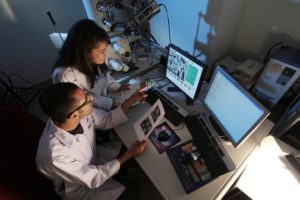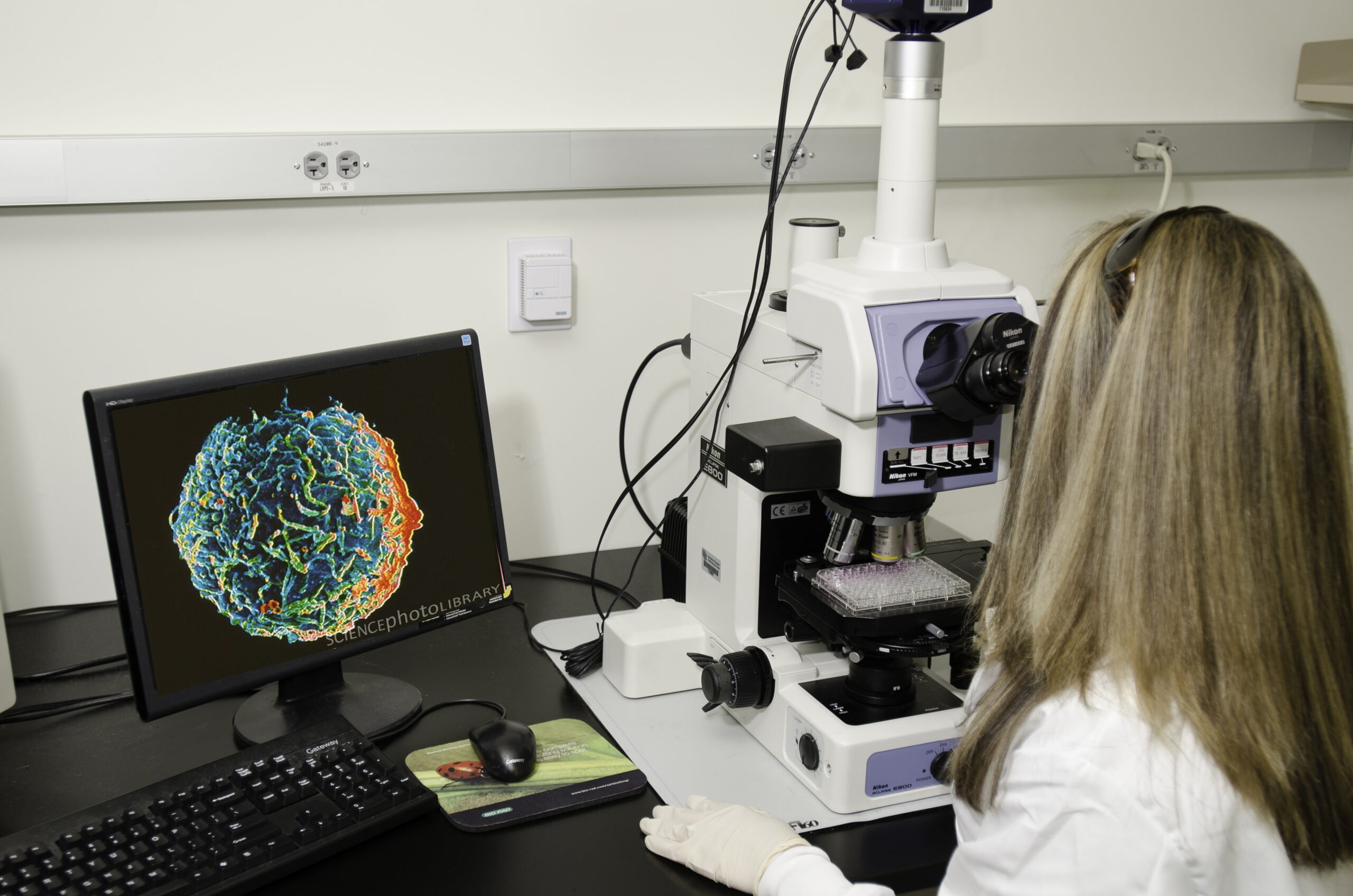RISE MS and DREAMS – Risk Factors in Early MS
The RISE/DREAMS research project is designed to create an MS risk profile to identify genes, biomarkers, or environmental circumstances that are associated with earliest manifestations of MS. The development of this risk profile would enable us to diagnose and treat MS as early as possible.
The RISE/DREAMS MS study is examining asymptomatic, first-degree relatives of MS patients between 10 and 30 years of age. Using the data and biomarker analyses, we aim to identify risk factors to diagnose and treat MS as early as possible.
Further investment is needed to expand RISE MS to multiple sites in the United States and abroad to conduct a large longitudinal study.
Biomarkers are biological markers that can be used in diagnosis, selecting treatments, and evaluating treatment responses. Having pre-collected samples is invaluable for this research. Having these samples available has helped support the research of multiple neuroimmunology investigators and led to collaborations with other investigators. Additional funding is required for pilot projects or to support current projects. Projects include collecting paired cerebrospinal fluid and blood samples from patients undergoing lumbar punctures. We also aim to expand sample collection to longitudinal plasma and blood collections from patients starting DMTs to learn more about the effects of these medications in MS over time.
RMMSC at CU’s Translational Research Lab will support both the adult and pediatric RISE MS studies by analyzing potential biomarkers for developing MS. It will also allow us to analyze biomarkers that identify active disease in MS patients on Disease Modifying Therapies.
The Translational Lab will also build off earlier findings to treat MS through a vaccine approach, aiming to prevent MS in children and young adults even before the first signs of MS are clinically evident. Our hope is that the Translational Research Lab will eventually lead to a focus on developing reparative therapies.
Two separate donations of $1 million each have helped lay the groundwork for our Translational Research Laboratory. Additional funding is needed to further expand the RISE MS study, MS vaccine research, and reparative therapies.
Patient Reported Outcomes (PRO) Program
It is critical for a physician to understand MS patients experiences and changes in symptoms over time. This understanding enables us to provide high-quality and cost-effective care that is responsive to the individual needs and concerns of patients. This information is also critical for understanding broader trends across the patient population that could inform care and research.
Our Patient Reported Outcomes (PRO) Program creates a systematic process for collecting information from patients on their quality of life using questionnaires that cover factors such as depression, anxiety, cognition and mobility. The PRO program has already been successfully piloted and implemented in the RMMSC at University of Colorado. Additional funding is needed to expand the program to include the integration of MS pediatric patients and pediatric and adult patients with other related neuroimmunological diseases. This includes the expansion of the database as well and the development of a new provider dashboard to allow providers to view the patient responses during clinic with the patient.





